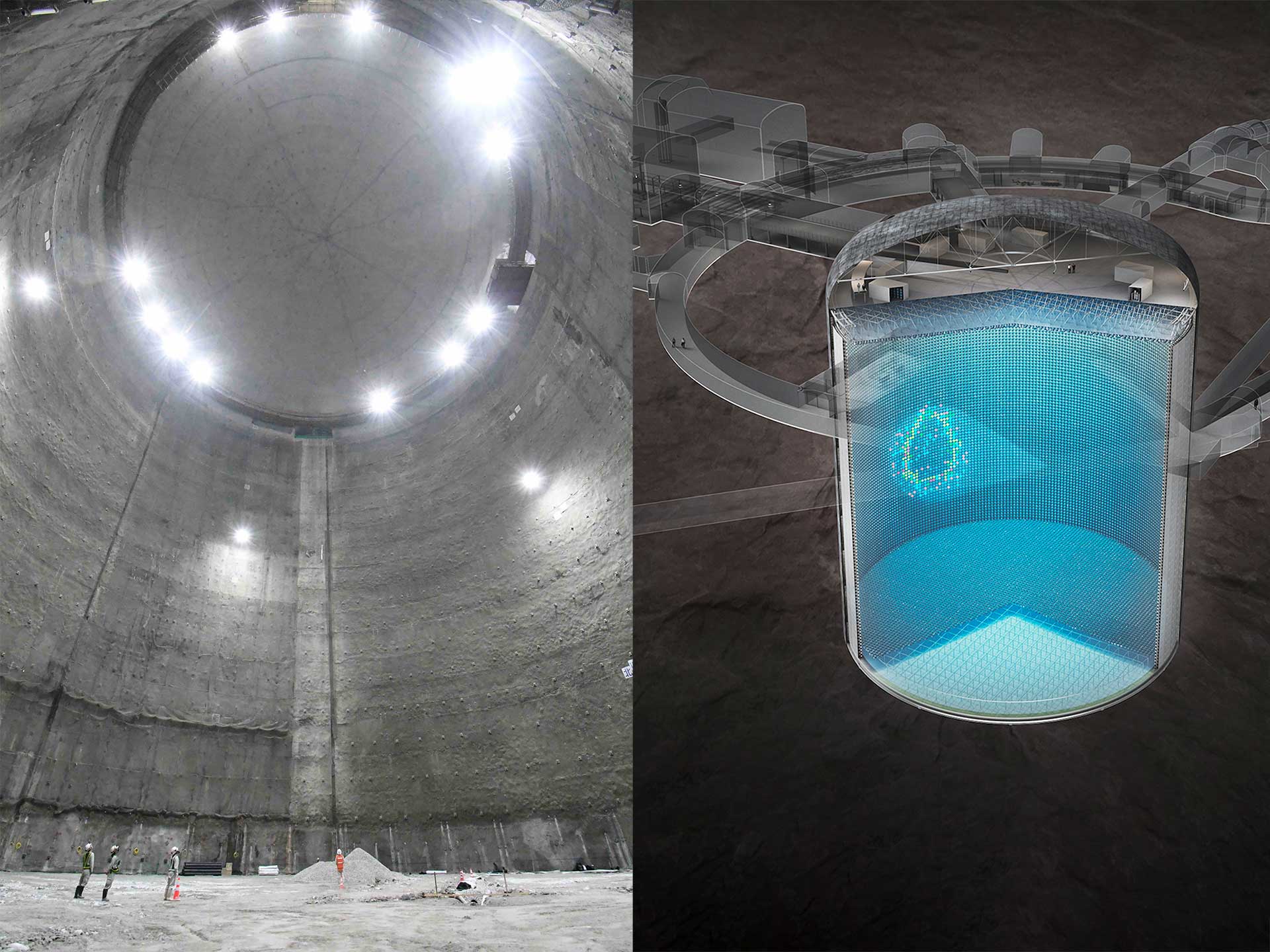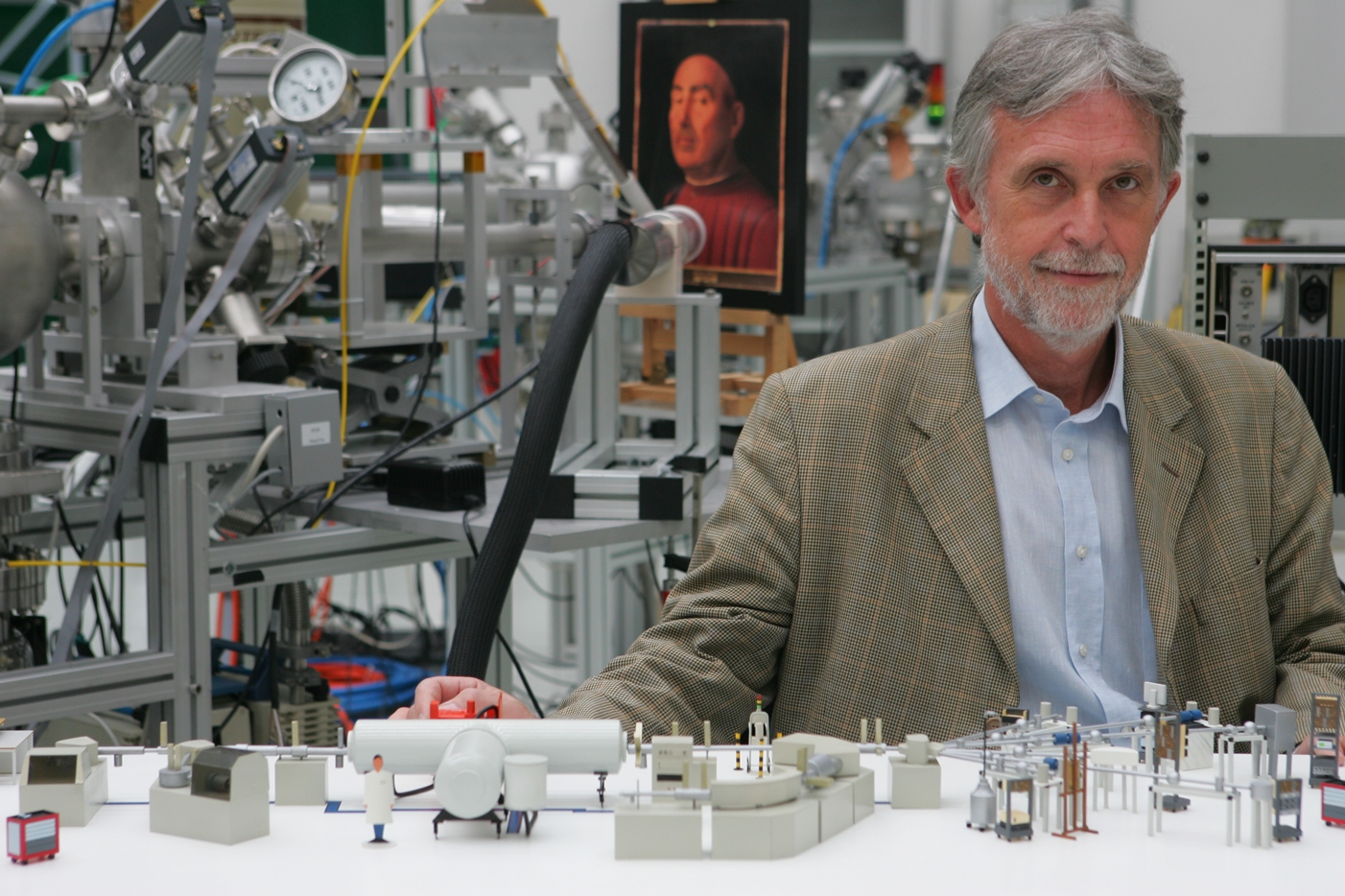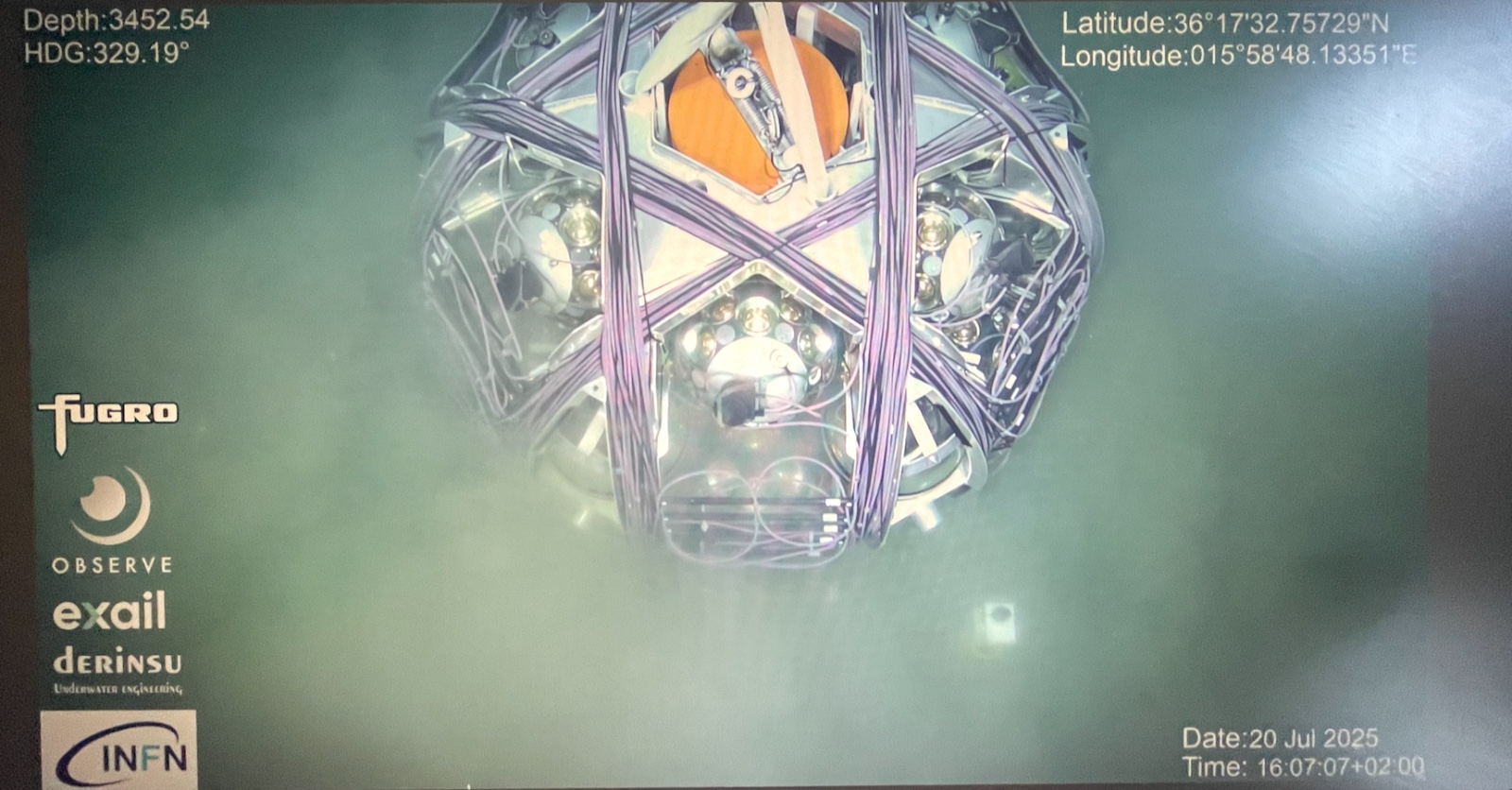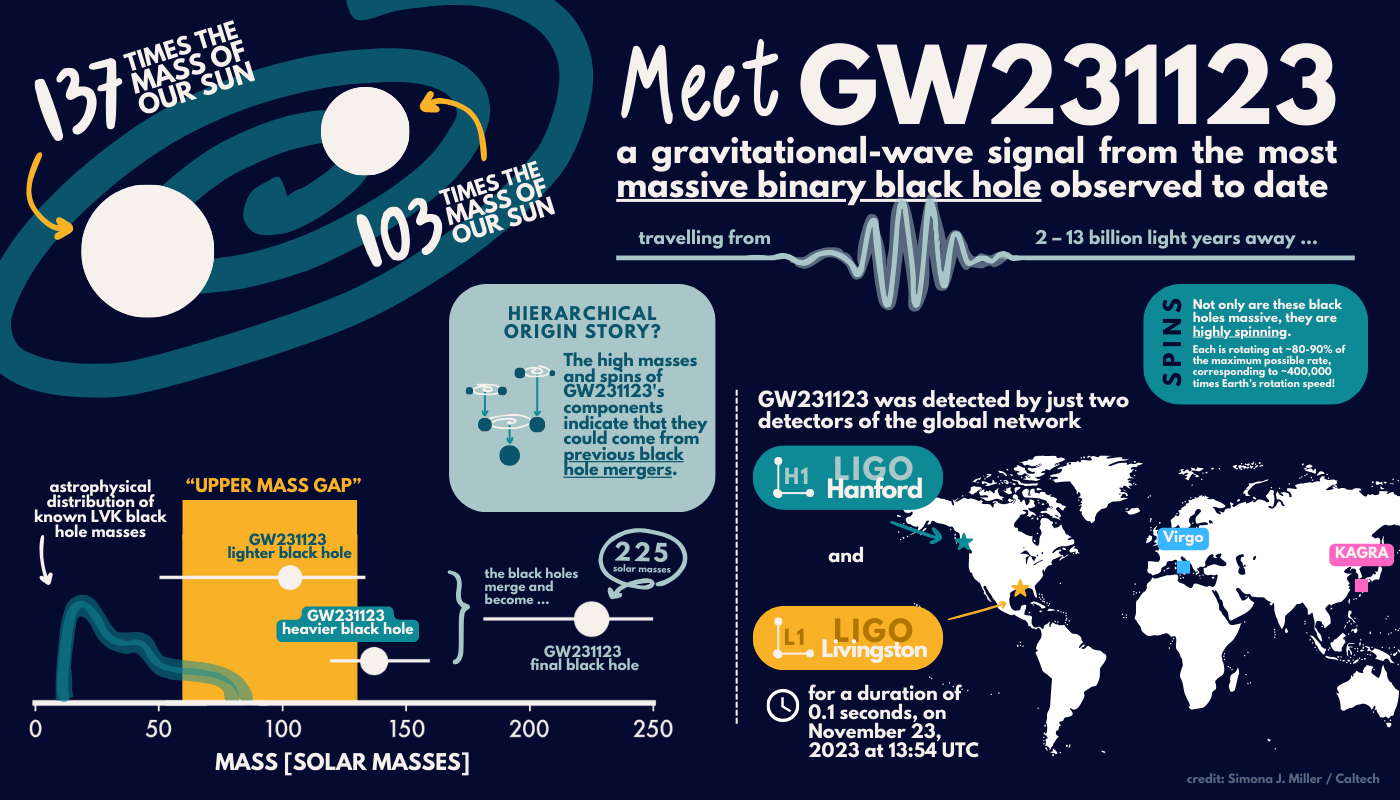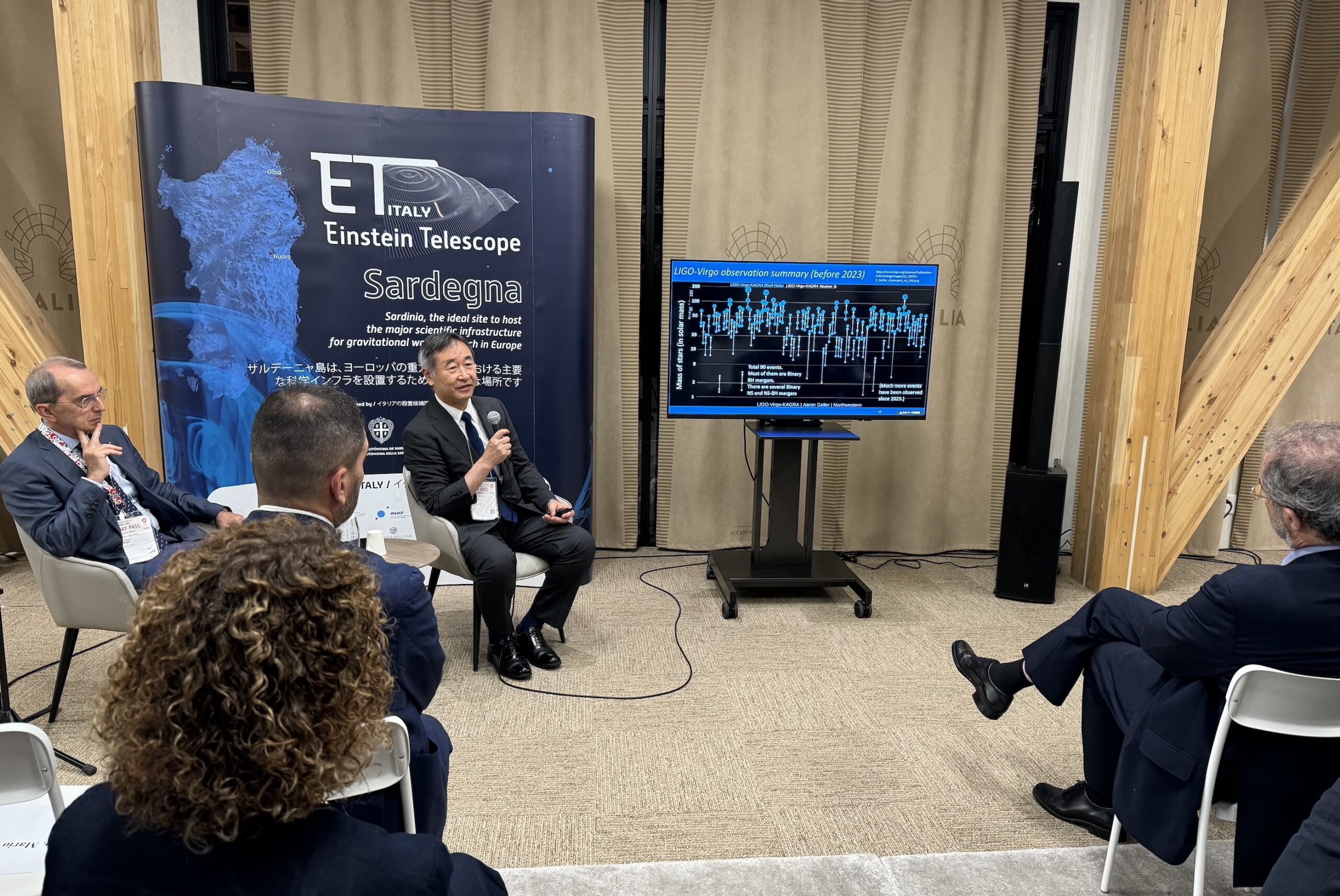 INFN and GSI Helmholtzzentrum für Schweronenforschung recently signed an agreement to test a series of complex magnetic systems – the quadrupole modules of the FAIR accelerator’s SIS100 machine – through the execution of extensive cryogenic tests. The agreement is based on a long and successful collaboration between the two research institutes in the development and construction of superconducting magnets. For FAIR, the advanced technology modules are the result of a complex international production process. First, the quadrupoles’ superconducting units are custom manufactured in Russia. These are composed of various types of magnets, for the focusing and correction of the particle beam. Next, these units are sent to Germany, to the Bilfinger Noell laboratory in Würzburg, where they are assembled with the other components. More than 80 of these quadrupole modules, once assembled, are then sent to the superconductivity laboratory in Salerno, Italy. Here they will be run at the final operational temperature of -269 °C on a cryogenic testing structure specially created for this process. In addition to INFN, the associated Salerno group of the Naples section, and the University of Salerno, ENEA and the Competence Centre for New Technologies and Productive Activities (CRdC) participated in establishing the laboratory with PON funding.
INFN and GSI Helmholtzzentrum für Schweronenforschung recently signed an agreement to test a series of complex magnetic systems – the quadrupole modules of the FAIR accelerator’s SIS100 machine – through the execution of extensive cryogenic tests. The agreement is based on a long and successful collaboration between the two research institutes in the development and construction of superconducting magnets. For FAIR, the advanced technology modules are the result of a complex international production process. First, the quadrupoles’ superconducting units are custom manufactured in Russia. These are composed of various types of magnets, for the focusing and correction of the particle beam. Next, these units are sent to Germany, to the Bilfinger Noell laboratory in Würzburg, where they are assembled with the other components. More than 80 of these quadrupole modules, once assembled, are then sent to the superconductivity laboratory in Salerno, Italy. Here they will be run at the final operational temperature of -269 °C on a cryogenic testing structure specially created for this process. In addition to INFN, the associated Salerno group of the Naples section, and the University of Salerno, ENEA and the Competence Centre for New Technologies and Productive Activities (CRdC) participated in establishing the laboratory with PON funding.
30 July 2019
